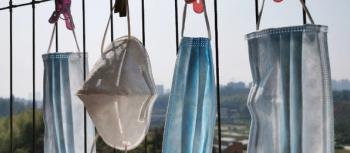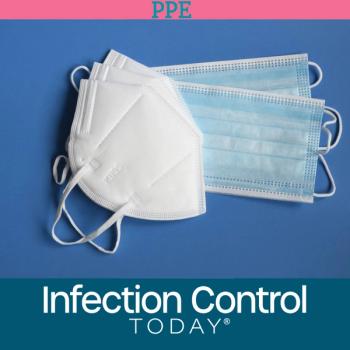
750,000 Respirators A Day Can Be Decontaminated, Thanks to FDA Ruling
Some help is on the way when it comes to replenishing the supply of desperately needed N95 respirators on the frontlines of the battle against COVID-19. The US Food and Drug Administration (FDA) has
“Authorizing this sterilization system will make it easier for hospitals to ensure that heroic healthcare workers on the frontlines have the protection they need,” said HHS Secretary Alex Azar in the announcement.
The authorization was granted to STERIS Corporation for the STERIS V-PRO 1 Plus, maX and maX2 Low Temperature Sterilization Systems. The systems use STERIS N95 Decontamination Cycle (non-lumen cycle) which features the use of vaporized hydrogen peroxide.
As part of the process, the vapor enters the sterilization chamber and penetrates the device while also sterilizing exposed surfaces. The system has the ability to process 10 respirators at a time in a process that requires about 28 minutes. For single-user reuse, each respirator can be processed up to 10 times.
According to FDA Commissioner Stephen M. Hahn, MD, this emergency authorization is a “game changer.”
“It will allow hospitals to decontaminate compatible N95 respirators using vaporized hydrogen peroxide sterilizers that are readily available in approximately 2,000 US hospitals,” Hahn said in the announcement.
Earlier today, the
This story originally ran in
Newsletter
Stay prepared and protected with Infection Control Today's newsletter, delivering essential updates, best practices, and expert insights for infection preventionists.




